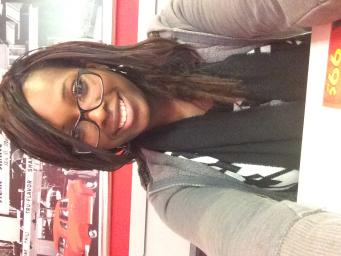Case
What proactive techniques would you use to prevent discipline problems in your classroom?
If you are asked this question in a job interview for a teaching position: What are some things you should avoid when responding to this question? What might be some important points to stress that would get the interviewer's attention? How would you respond to this question?
Solution #1
A few things I would avoid saying if asked this question are: send the student to the office, yell at the student to stop, and coddle the student. I would want to stress to the interviewer that I would use proactive techniques such as enforcing classroom rules and procedures at all times so small disruptions here or there do not become larger disruptions on a regular basis. I would also mention that giving positive feedback to students who are on task and doing as expected in general can be a great motivator for other students who may be misbehaving simply to get attention.
that is a great idea
Solution #2
I always make sure to set clear expectations at the beginning of the school year. In addition, I would talk about how important it is to remain consistent everyday. Consistency and clear expectations are great ways to prevent discipline problems in your classroom. I have always allowed students to give advice at the beginning of the year in regards to classroom rules. It provides an interesting perspective when students share about what they think is important. I always try to stress that it is OUR classroom, not just mine. Students should take an active role in their learning.
Solution #3
I would discuss how I believe that rituals and routines are the most important thing you could do at the beginning of the school year to help with discipline. When students know expectations then fewer disruptions should occur. I would also discuss how I would create a caring family environment and have lessons at the beginning of the school year to promote respect and kindness among each other. Finally I would discuss positive reward systems for good behavior and focus on the good and not the bad.
Solution #4
Prior to the interview, I would outline my discipline policy and philosophy to present to them. In addition to that I would let them know that I have a proactive mindset, that I engage in active monitoring of the students to help minimize the amount of issues that come up. I feel that a it should began with a non-verbal warning, if it continues, depending on the behavaior I would either choose to flag it and handle at a more appropriate time or have a private discussion with the student at that time.
One thing I would avoid would be yelling and comparing students to each other.

